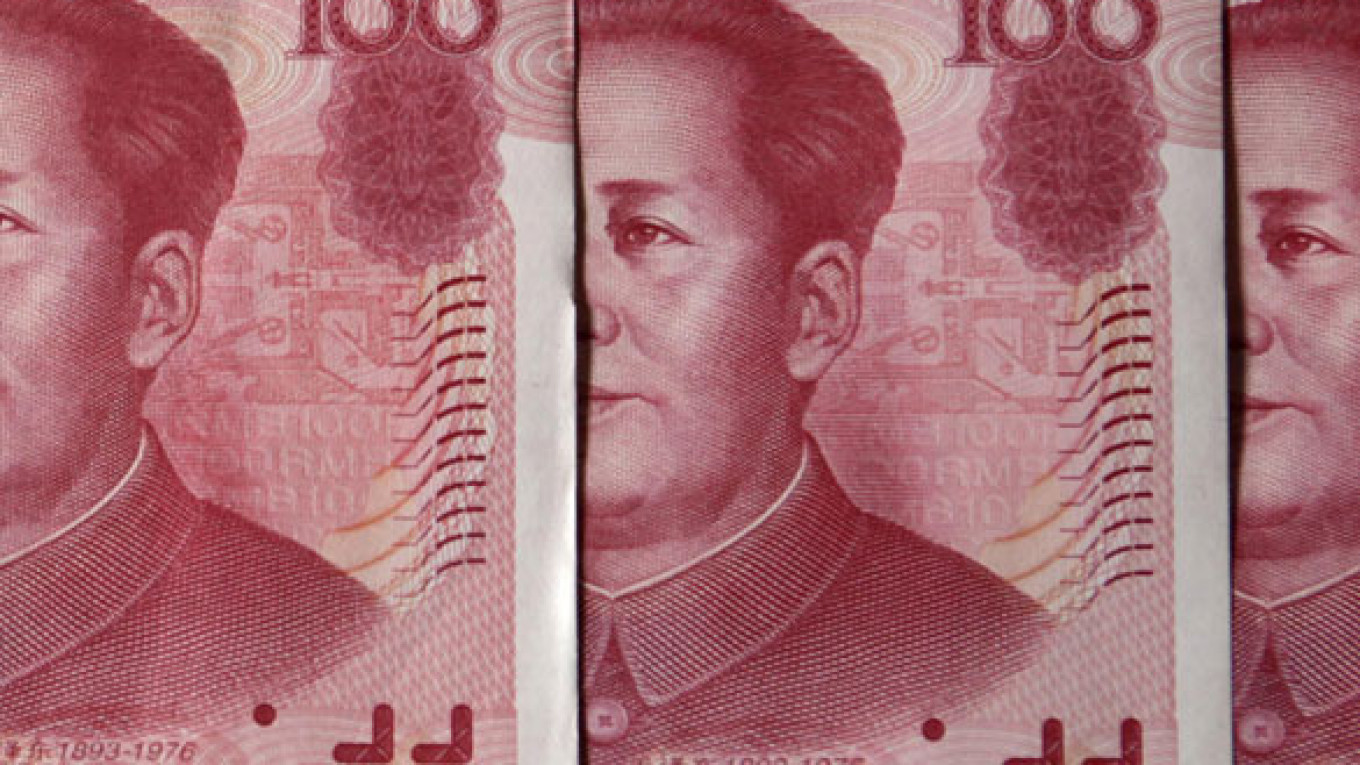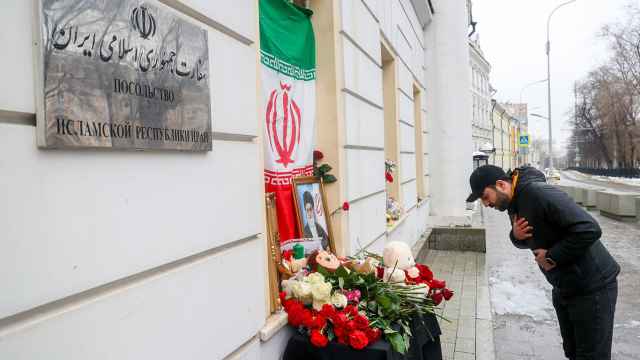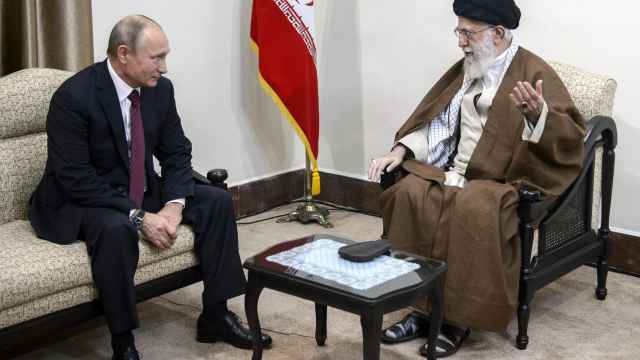The ruble joined the ranks of foreign currencies traded in Shanghai, China, on Monday as Prime Minister Wen Jiabao arrived in St. Petersburg for a three-day visit.
Wen will meet with Prime Minister Vladimir Putin to discuss trade and the price of natural gas that will be supplied to China next year, based on agreements reached during President Dmitry Medvedev’s visit to Beijing earlier this month.
The Bank of China and Industrial & Commercial Bank of China started the ruble trading with a combined purchase of 1 million yuan worth of the Russian currency at an average price of 4.67 rubles to the yuan, Bloomberg reported.
"Our main office participated in the trading with an interbank deal along with other market makers," said Gao Yang, vice president of the Bank of China (Eluosi) in Moscow.
The plan to initiate direct currency trading was announced in April by the Russian Central Bank. At the time, the Russian side expected to begin operations first, in light of its experience with other nonconvertible currencies such as the Kazakh tenge and Belarussian ruble.
But now the start of yuan trading on MICEX is scheduled for the middle of December, Gao told The Moscow Times.
"Volume will not be large at first, but we expect it to grow steadily," Gao said. "Both Chinese and Russian entrepreneurs will have greater opportunities and will reduce the costs and risks associated with currency exchange."
The China Foreign Exchange Trade System, a subsidiary of the national bank, said it would consider other operations with the ruble as well, depending on market demand.
The ruble is the sixth foreign currency, after the U.S. dollar, euro, British pound, Hong Kong dollar and Malaysian ringgit, to be allowed to trade against the yuan as China moves to make its national currency more widely convertible. The Chinese government approved trading in the ringgit in August.
The start of direct currency trading is seen as a result of increasing bilateral trade. China accounts for about 5 percent of Russian exports and 13 percent of its imports, Lenta.ru reported in April.
Ling Ji, minister counselor for economic and commercial affairs at the Chinese Embassy in Moscow, told the Xinhua news agency last week that trade volume between Russia and China reached $45.1 billion in the first 10 months of this year, a 43.4 percent increase year on year.
Some Western commentators are downplaying the direct currency trading as symbolic.
But Nigel Rendell, senior emerging markets strategist at RBC Capital, said the move is significant because it represents "a step in the right direction … toward deregulation."
"China is the flavor of the month," he said. "Most people think it represents the future. China is choosing Russia."
China has also stated its intentions to make its currency convertible with the South Korean won.
A Message from The Moscow Times:
Dear readers,
We are facing unprecedented challenges. Russia's Prosecutor General's Office has designated The Moscow Times as an "undesirable" organization, criminalizing our work and putting our staff at risk of prosecution. This follows our earlier unjust labeling as a "foreign agent."
These actions are direct attempts to silence independent journalism in Russia. The authorities claim our work "discredits the decisions of the Russian leadership." We see things differently: we strive to provide accurate, unbiased reporting on Russia.
We, the journalists of The Moscow Times, refuse to be silenced. But to continue our work, we need your help.
Your support, no matter how small, makes a world of difference. If you can, please support us monthly starting from just $2. It's quick to set up, and every contribution makes a significant impact.
By supporting The Moscow Times, you're defending open, independent journalism in the face of repression. Thank you for standing with us.
Remind me later.






